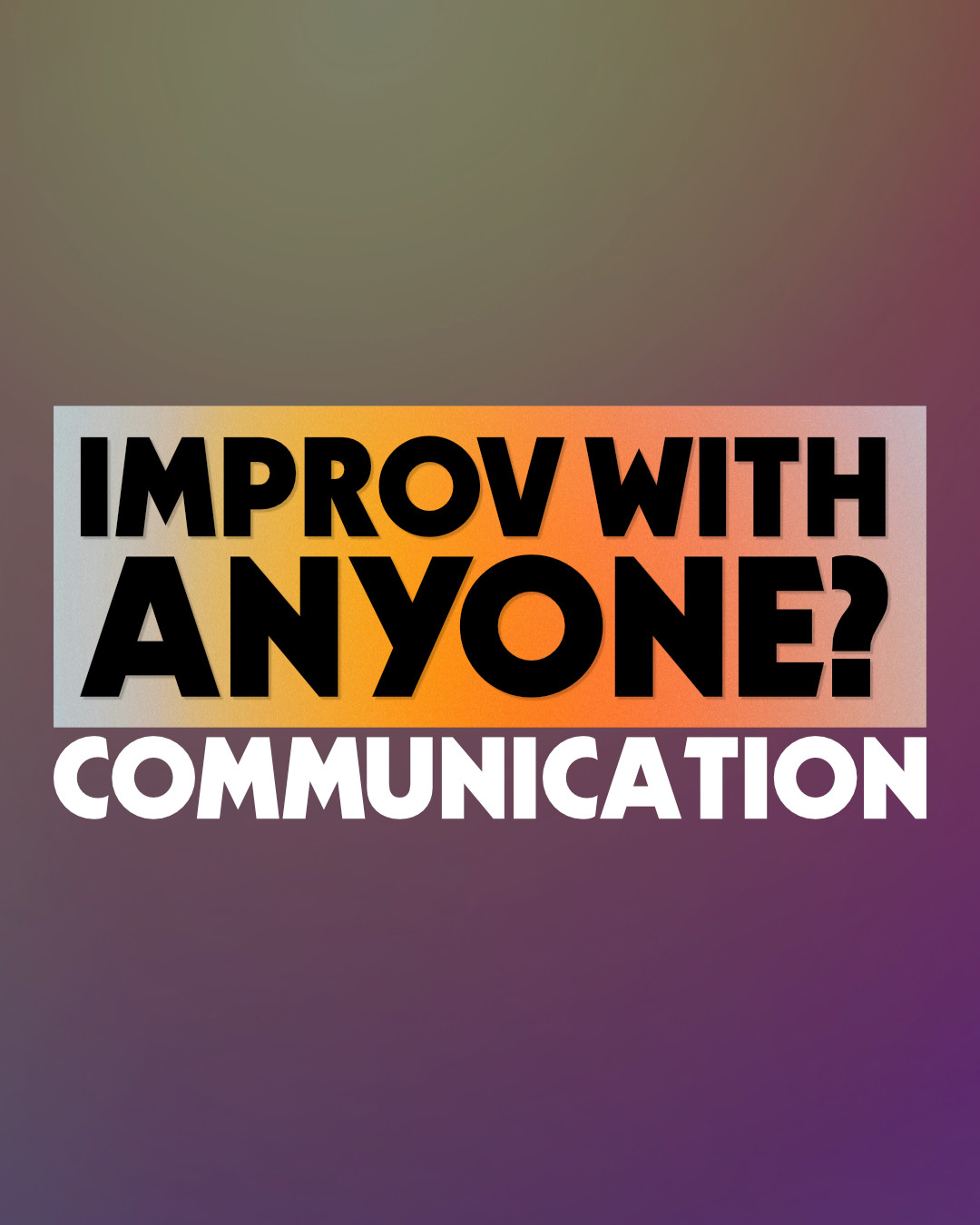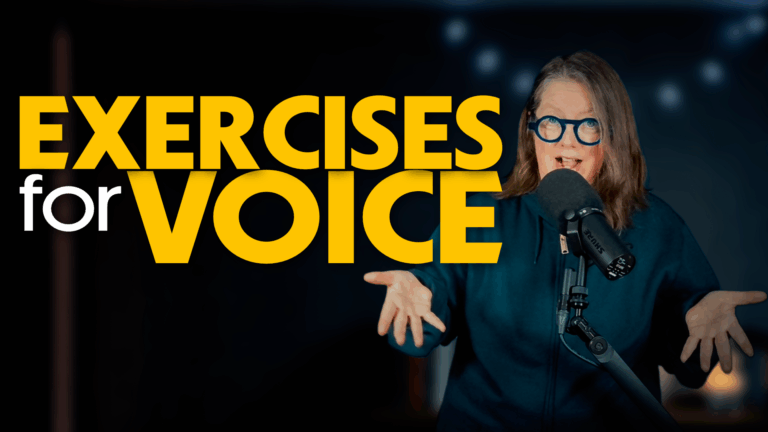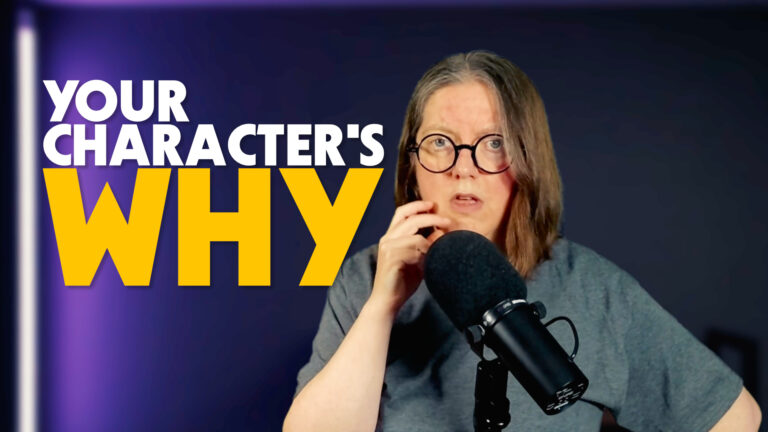
“I do not need to learn to communicate with men on my improv team because I am not a man.”
That seems wrong, right?
We know that to be a successful team member, we have to communicate with everyone. And yet, I have heard alternate versions of this idea from well-intentioned people. People I trust and respect.
They have said, for example, they don’t need to learn about neurodivergent communication because they are not neurodivergent. But my hunch is that they said this because they thought we did not have communication problems. Or maybe I didn’t.
The intention is not malicious, but the impact is significant. It tells the other person, “You need to do the thinking and communicating my way.” It creates an invisible, exhausting burden for anyone who does not fit the statistical norm of a particular improv space.
This is a problem. Right now, improv is often wired to a specific norm, which means communication issues are common. People who are different often feel they have to mask their true selves to fit in, which robs the stage of their unique perspective and lived experience. Of their way of communicating, which is just as valid as yours.
The root causes of these issues often boil down to a few key things. But the good news is that the solution is clear and easy when you keep it top of mind. Great improvisers, the ones who can do a good scene with literally anyone, have the ability to adapt their communication style.
There is a four-step path to developing this skill:
- Listening (hard). The foundation of improv (and really, all communication. Relationships. Etc). Words, body language, tone, cadence, energy.
- Know their scene partners well (say, on a team with a lot of established trust) or, if they do not, rely heavily on clarifying instead of assuming.
- Learn about their community outside of the scene and encourage people to bring their genuine, unique selves to the stage. They create a space where the goal is to meet in the middle, not force assimilation, and facilitate many unique voices within a single improv style.
- Reps. Get lots of practice with different people, in different styles… getting comfortable with being uncomfortable.
A great improviser is a generous and flexible communicator. They do not expect others to adapt to them; they take on the work of adapting to others. They are curious and they care, which leads to next-level listening. This is the skill that allows them to connect with anyone, at any time, and build a great scene with pretty much anyone.
Listen or Watch
The podcast and the youtube episode also contains a special note at the end for neurodivergent improvisers related to this week’s topic, and also an exercise you can do with your classes or team. There are more details about the specifics in the Improv Update discord general improv chat channel. Or ask!




